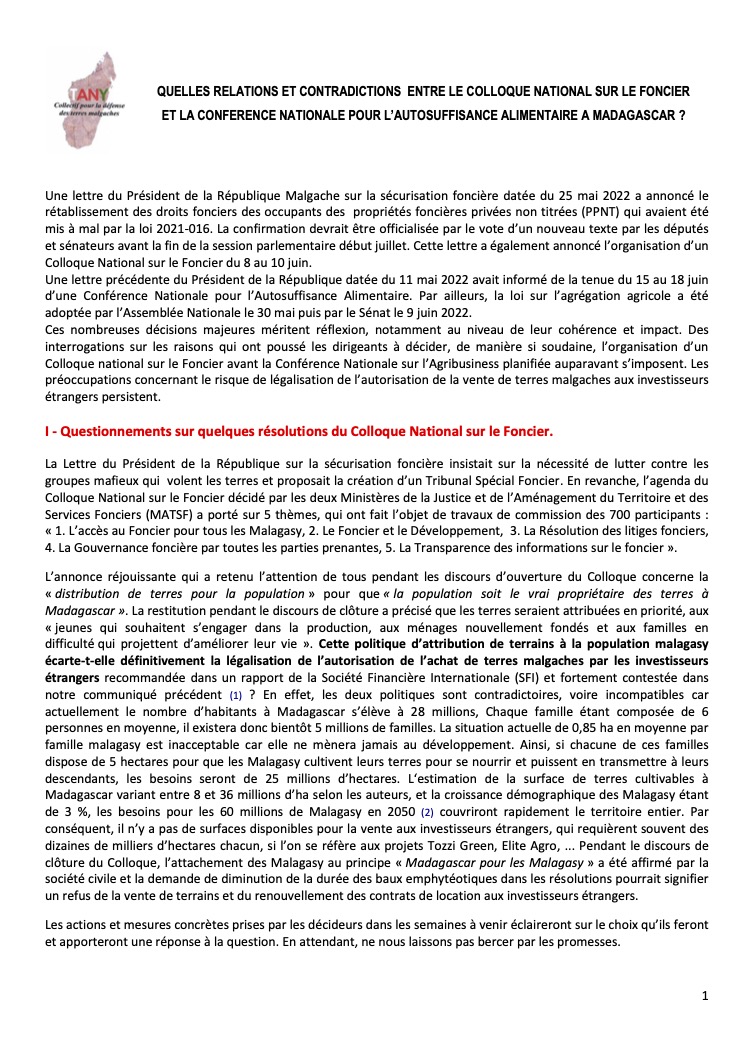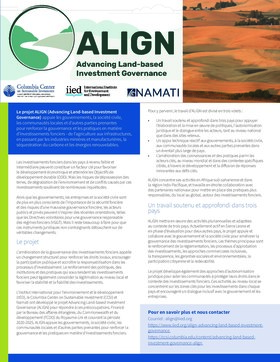Financing Strategies for Integrated Landscape Investment: Synthesis Report,” in Financing Strategies for Integrated Landscape Investment
Policymakers and land managers around the world are struggling to use our finite land and resource base to increase agricultural production, ensure resilient ecosystems and improve livelihoods. Many are turning to integrated landscape management (ILM) as a framework for inter-sectoral planning and investments to reduce potential trade-offs and realize inherent synergies.






